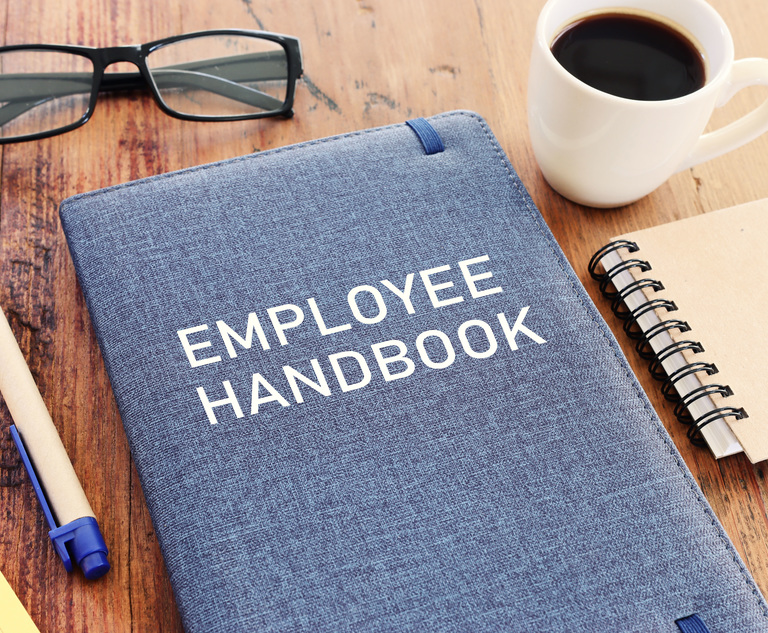Every organization should have an employee handbook because they outline expectations, terms and conditions of employment, and, most importantly, minimize legal risk. However, a handbook is of little value if it is not regularly updated to comply with changes in the law or the ever-evolving world. In addition to standard employee policies, employers should consider including the following to reflect the current state of the workplace.
Remote Work and Flex-Time Policies
As a result of the pandemic, we are seeing three types of work coexist: remote work, hybrid work, flexible hours. It is imperative that a company has policies to govern these work structures, including outlining the following:
- Parameters of employee eligibility and frequency, including how remote and in-office work will be monitored.
- That remote work is a privilege, not a right.
- Attendance and availability expectations—clarify that remote work does not mean flexible hours.
- Requirements for exempt and nonexempt employees for timekeeping reasons.
- Security requirements of remote work.
- What remote office materials and expenses the company will cover, if any. This may be governed by state law depending on employee location(s).
- That all company policies apply even when working remotely.


 Credit: Tomertu/Adobe Stock
Credit: Tomertu/Adobe Stock




